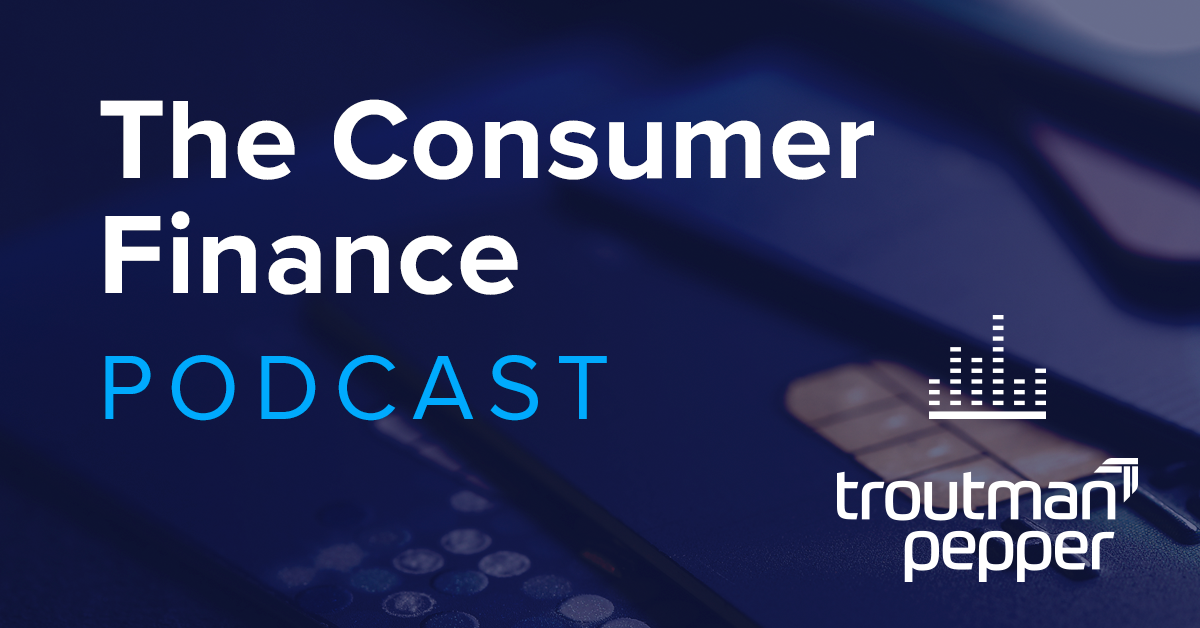Please join Troutman Pepper Partners Chris Willis and Jason Cover as they discuss the Consumer Financial Protection Bureau’s (CFPB) recent special edition Supervisory Highlights focused on “junk fees.” Chris and Jason dive into the report and talk about how this fits into the CFPB’s broader initiative on junk fees, what exactly constitutes a junk fee, the types of fees the CFPB identifies as problematic, if this means that creditors can’t charge any of these fees, and steps to take to mitigate risk when imposing fees.


